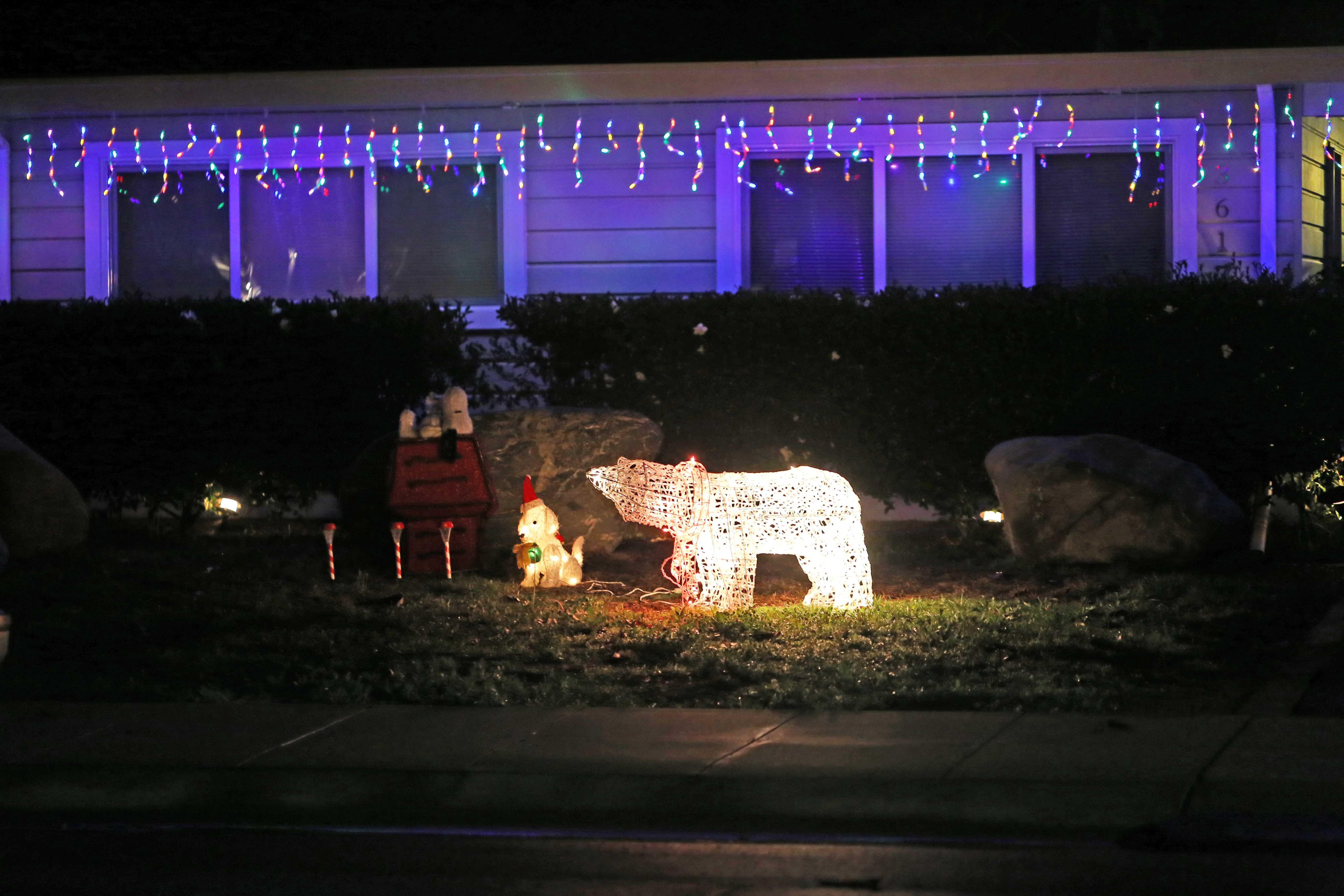It’s the most beautiful time of year: Christmas trees, candy canes, glowing lights, festive music in every store — and I get to watch it all from afar, trying to content myself with menorahs and convince myself that Hanukkah is way better.
[soundcloud url=”https://api.soundcloud.com/tracks/297309304″ params=”auto_play=false&hide_related=false&show_comments=true&show_user=true&show_reposts=false&visual=true” width=”100%” height=”450″ iframe=”true” /]
Such is the fate of many American Jews, though I may be more bitter about it than others. Since childhood, I’ve been in love with the American holiday season and all the celebrations that accompany Christmas. Although I am deeply committed to my own heritage and religious practices, I have always found it difficult to be just a spectator to what is probably the biggest cultural phenomenon of the year.
Don’t get me wrong, I don’t fault American society for my feelings of exclusion. I’m fortunate to live in a country that is not only generally accepting of Jews but even includes us in most of its popular culture; Hanukkah gets shout-outs and representation everywhere from television specials to the holiday section of most stores. I’ve never felt unwelcome or ignored in this country, not even during a season that is so overwhelmingly dedicated to a Christian holiday.
But none of these attempts at inclusion have stopped me from coping with a major holiday inferiority complex. All around me, people are gleefully donning their Santa hats and ugly Christmas sweaters, decorating their trees and houses, embarking on Christmas baking projects and converging on the mall for the crazy Christmas present rush. Even the more religious and non-commercial aspects of the holiday, despite the fact that I am far from a spiritual person, make me feel a certain jealousy. Love, redemption, peace on Earth — who wouldn’t want to take part in a holiday dedicated to that?
Over the years, I’ve learned to deal with these inevitable feelings of envy in my own ways. As a Jewish person, I get to celebrate a holiday that is beautiful and heartwarming, even without the accompanying fanfare and commercialization that comes with a majority’s holiday. I was brought up by my parents to appreciate what I have, to recognize that I am different, but not inferior, and that I have plenty to be grateful for and joyful about within my own religion and culture. While it isn’t always easy, that’s what I choose to focus on.
Sure, as Jews, we won’t be picking out a Christmas tree, exchanging gifts with our entire extended family, breaking out the Advent calendar or decorating gingerbread houses (which I will assume is something that people actually do for Christmas, and not just a TV trope). But we have our own traditions. We get to light candles, eat delicious fried foods for eight straight nights free from judgment and commemorate a classic underdog story. Above all, just as it does for Christians, the holiday season gives us a chance to spend quality time with family.
I will probably never celebrate the holiday season as most Americans celebrate it, but I’ve learned to make my peace with that. After all, appreciating the little things and celebrating what you have — isn’t that really what the holidays are all about?



